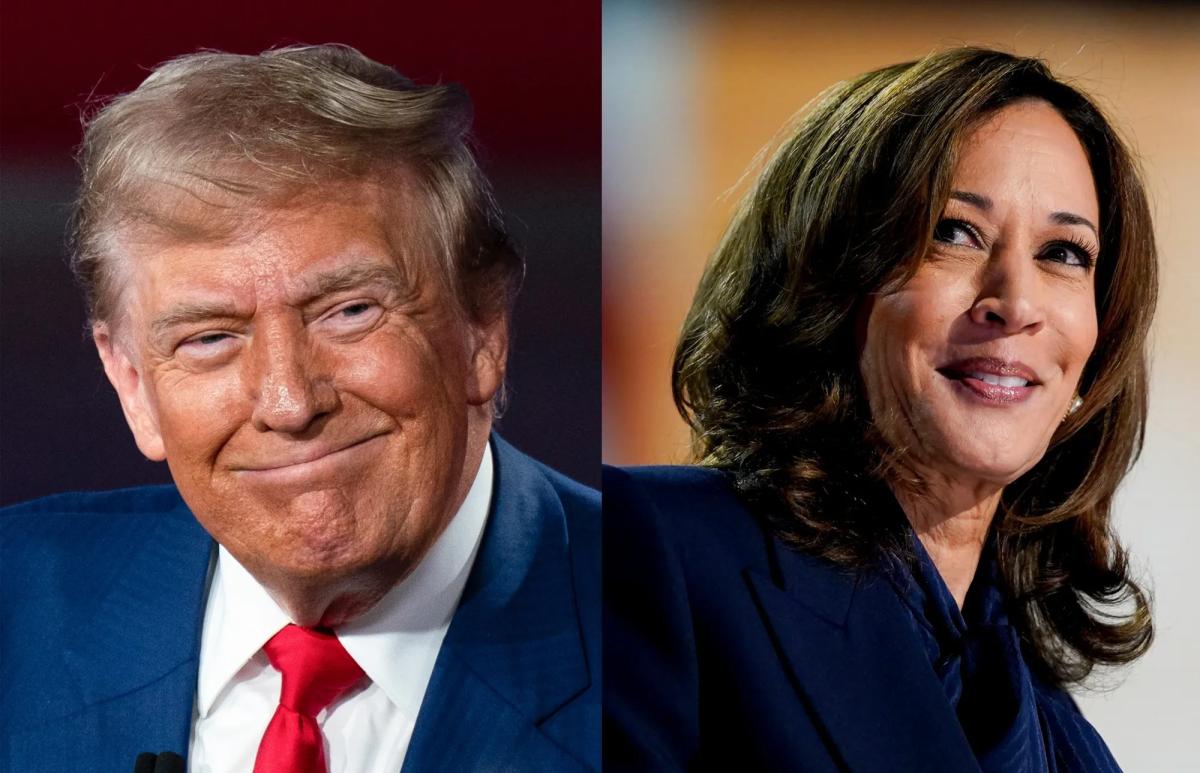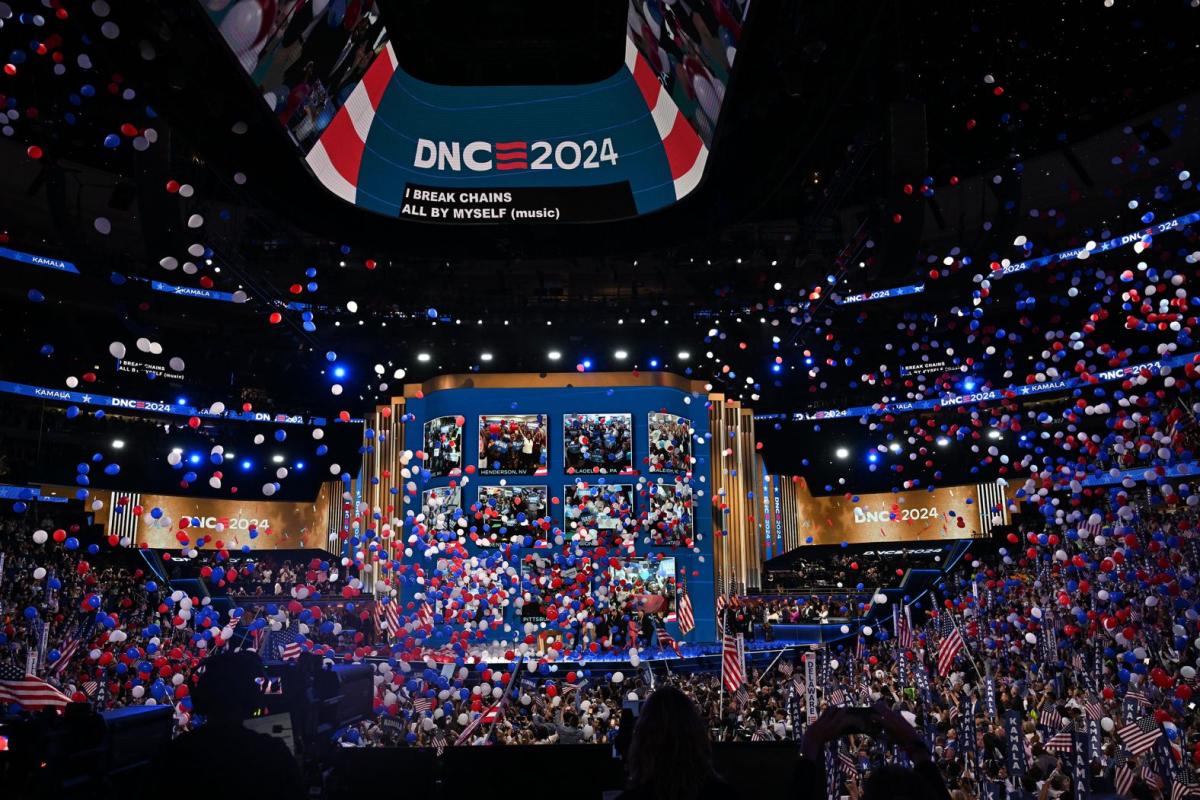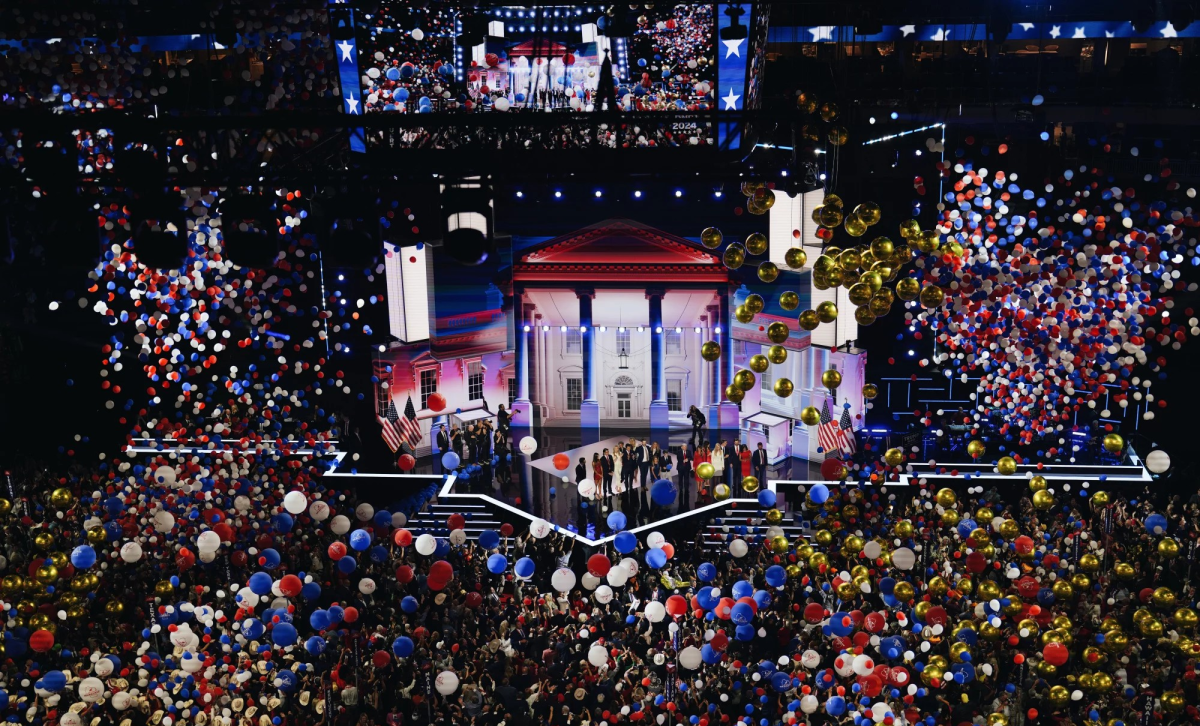A Few Things to Know About the Vance-Walz Debate
Debate Between the Margins
The Vance-Walz debate was heavy on technicalities. While both candidates demonstrated their oratory skills, the debate is unlikely to shift voters’ perspectives on the Harris-Trump matchup this fall. It will, however, solidify the mirror each candidate presents to the people.
Both candidates squashed any daylight between themselves and the top of the ticket
The vice president of the United States has very few jobs per the US Constitution, but a critical one is to take over the office of the president should a vacancy arise. In the modern era, the vice president generally has no real impact on an election, but there is a magic rule: Do no harm. Both JD Vance and Tim Walz proved yet again that there is no daylight between them and the top of their ticket.
Defending the top of the ticket is a heavy burden for both vice-presidential candidates for two reasons. First, neither candidate wants to get ahead of their respective top of the ticket. Second, vice presidents are forced to defend or correct the record on behalf of the top of the ticket. Both Vance and Walz failed to give specifics on whether they’d support Israel if it launches a preemptive strike against Iran. Vance failed to give a straight answer on if former President Trump lost the 2020 election. And Walz failed to clarify his misleading statements on if he’d been in Hong Kong during the Tiananmen protests in 1989.
Candidates struck consensus around paid family leave, protections of children, objections on how to fund, pay and implement, but disagreed on abortion, immigration solutions, foreign policy, and (the survival of) the Affordable Care Act
By now, most Americans know the general policy platform of each candidate, but they’d be hard pressed to know where the candidates might agree. Walz and Vance both demonstrated that the two political parties, while fundamentally divided on issues like abortion, immigration policy, and the Affordable Care Act, tend to agree that America should offer paid family leave and that there should be protections for kids in our schools experiencing gun violence.
Why it matters: The media has painted both political parties as diametrically opposed, when the reality is we are facing an issues-based election. Voters in 2024 are voting on one of just a handful of issues: the economy, inflation, immigration, crime, and the state of democracy.
While the candidates spent time stretching the truth and debating the nuances between facts and political fiction, voters came away confused
If fact-checkers were watching the debate, they’d give the night a score of misleading at best.
- JD Vance tried to soften Trump’s anti-abortion stance, insisting it was designed to make it easier for mothers to have children.
- Vance also insisted that Donald Trump, while hating Obamacare, decided to save key parts of the program that Americans enjoy today, like kids staying on parents’ healthcare until 26 and the protection for pre-existing conditions.
- He also praised the former president for “peacefully leaving the White House” on January 20. (President Trump did not attend Biden’s inauguration.)
- Walz suggested the housing crisis was caused by the elderly and institutional investors.
- Walz also said that Project 2025 has a registry of pregnancies, despite the Project (a playbook President Trump has disavowed) not specifically calling for a registry.
- Walz insisted President Trump hadn’t paid taxes in 15 years, which was a stretch at best.
Why is this important? We live in a political system that rewards zesty one-liners and punishes politicians who give more nuanced, complicated policy proposals. We celebrate campaigns that can crank out social media ads designed for fundraising and campaigns that can gain support from the base. Most listeners aren’t going to dig into the nuance, especially undecided voters.
A (refreshing) change in tone—even if for a moment
Over the past few months, voters and pundits alike have called for cooling the political rhetoric. While many politicians have not heeded the call (Vance suggested that Democrats fueled both assassination attempts on President Trump), this debate might give you a sliver of hope that the political rhetoric of the nation might just be cooling off. Both JD Vance and Tim Walz struck a more civil tone in several key moments during the debate.
Governor Walz pointed out that both he and Senator Vance agreed that the epidemic of gun violence in the nation needed to stop. Vance even struck an empathetic note when Walz said that his daughter had witnessed a shooting. While older Americans might see this as a return to normal, for many of us who have watched the political tea leaves, this is a welcome change to a campaign that’s been filled with insults and personal attacks from both sides. Vance also offered Walz prayers should he be elected vice president.
This is great, but Americans don’t reward politicians—including presidents—for bipartisanship or being nice. If this were the case, Joe Biden would be a lot more popular. Instead, gerrymandered districts, increased rhetoric, and fire and brimstone have fueled tensions between political parties.
For more on global elections in 2024, the EGA Election HQ is your guide to the moments that matter, what comes next, and what all of this means for industries and sectors. Sign up here to receive global election updates from the EGA Election HQ team. For counsel or to get in touch, reach out at: Elections@edelmanEGA.com.
This content offers a high-level synopsis of current events. It is intended to provide information only, not opinion, and is not representative of any specific EGA work.



